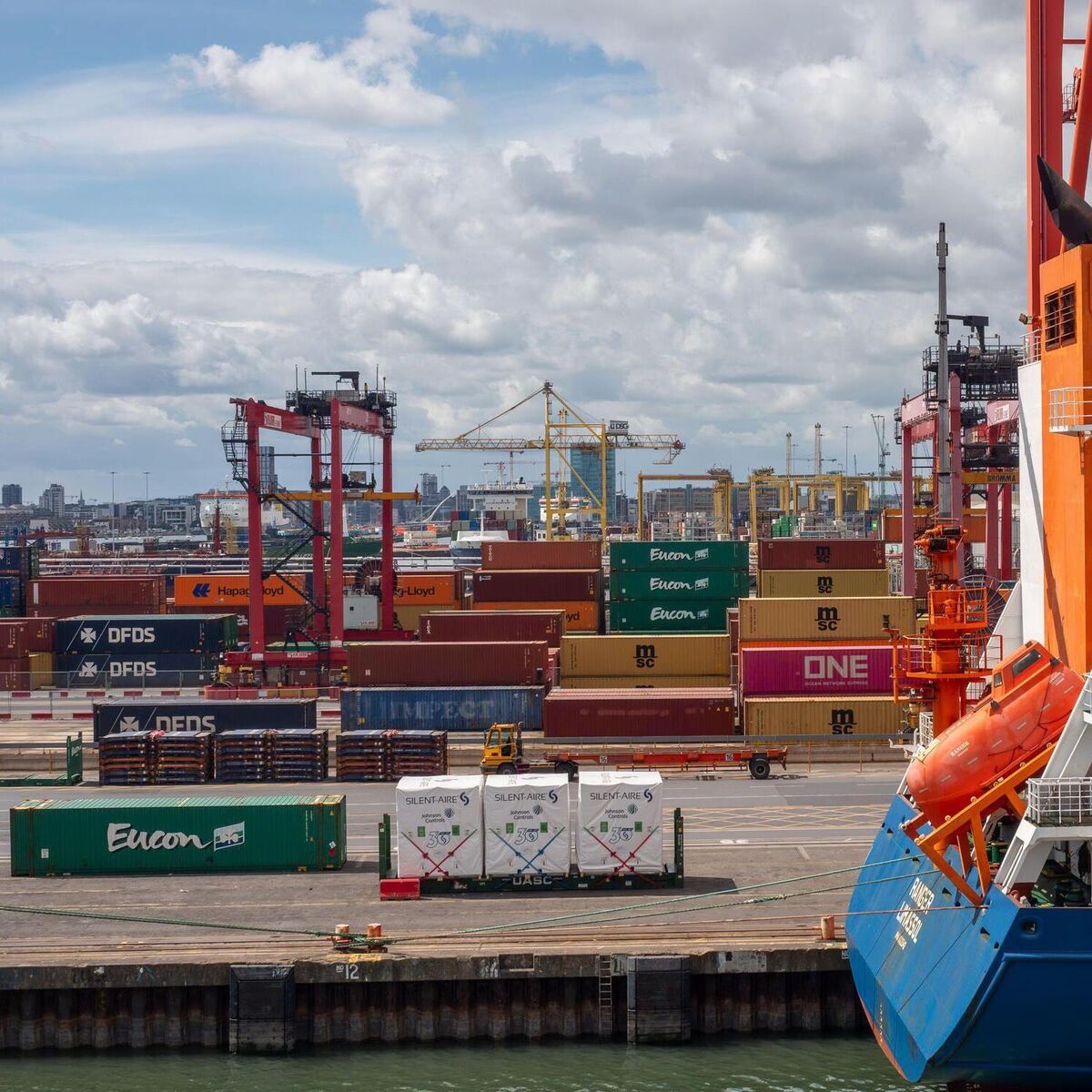By Irishexaminer.com Ronan Smyth
These gains mean the euro is on the verge of its longest winning streak against the dollar in more than two decades.
However, as a small open economy which is particularly reliant on exports – particularly exports to the US – Ireland is disadvantaged when the euro is strong as it makes Irish exports more expensive to buy in other countries. Conversely, it does make imports cheaper.
Speaking to the Irish Examiner Simon McKeever, chief executive of the Irish Exporters Association, said the strength of the euro is an “extra cost on top of the tariffs” that exporters now have to deal with adding that the situation may deteriorate further as the dollar is going to get weaker.
“You’re looking at a pretty significant move this year alone,” he said in regards to the currency markets. “I don’t think it was foreseen in the cost of doing business, but it certainly isn’t helpful.”
Mr McKeever said in his anecdotal conversations with members there is a sense that the “level of optimism” that was present at the start of the year “has dropped a little bit over the last while”.
He pointed to trade statistics from recent months that show while exports have been surging in recent months, if you “strip out the USA from our overall trade stats, there’s been no growth”.
According to the Central Statistics Office (CSO), between January and April this year, Irish exports have increased 51% to just over €111bn. However, this largely as a result of a €37.9bn, or a 170%, increase in exports to the US compared to the same period last year.
Trade with Britain dropped 15% while trade with the rest of the world – excluding the EU, UK, and US – was down 7%. Trade with the EU was up 5%.
Mr McKeever said:
I don’t think our export performance has been stellar.
In relation to the international trading environment, Mr McKeever said that the US has made it clear that “it is not a low-tariff economy anymore” and it is likely that the 10% tariff on imports on goods coming into the country is going to be the minimum.
Analysts also increasingly see the euro rallying toward $1.20 in the coming months.
European Central Bank Vice President Luis de Guindos said Tuesday that while a move to $1.20 is “acceptable”, further gains would make policy makers’ task more complicated.
The US dollar is the world’s reserved currency and as a result most trade, particularly in commodities, is conducted via the dollar. Given the potential for rising oil prices, a strong euro would actually be beneficial in this area as imports would be slightly cheaper.
The euro’s rally has been underpinned by the long-running slide for the dollar, with fresh momentum added in recent weeks from weaker US data and growing conviction that the Federal Reserve is preparing to ease policy more aggressively than the European Central Bank.
Attention is also turning to US data due this week including ISM manufacturing, job openings and non-farm payrolls.
Additional reporting Bloomberg
